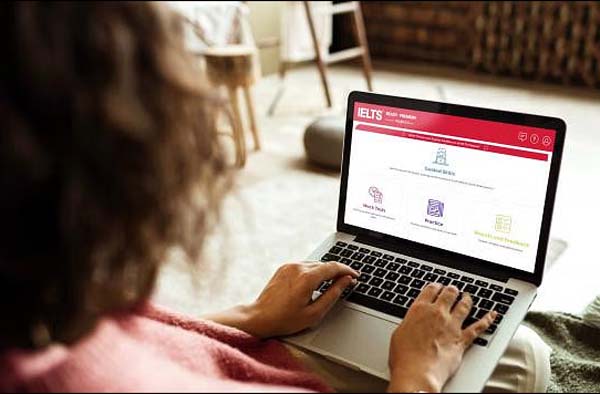News Desk : dhakamirror.com
British Council IELTS test takers who do not achieve their desired results first time around will no longer have to re-sit the full test, after the launch of a game-changing new feature.
One Skill Retake increases a test taker’s chances of success by offering them the opportunity to retake just one section of the IELTS test, whether it is listening, reading, writing, or speaking, said the British Council on Tuesday.
The format and timing of the test is the same as the section which examines the individual skill in a normal IELTS test, but test takers can save time cutting out the need to complete the other three skills.
Andrew Mackenzie, director of IELTS at the British Council, said One Skill Retake was created after listening to IELTS customer feedback.
‘However, One Skill Retake provides test takers with an opportunity to retake a single skill if they feel their performance in the first instance did not represent their English proficiency, and we believe this increases fairness,’ he said.
‘Organisations that accept the IELTS One Skill Retake can offer their candidates the flexibility to achieve entry requirements without compromising on applicant quality. The IELTS partners are proud of this initiative that reinforces our commitment to helping test takers achieve their full potential,’ he said.
Test takers who choose an IELTS One Skill Retake will receive a second Test Report Form that can be used for migration and study purposes. Depending on their score, test takers can choose whether they would like to use their old or new test report for the skill they retook. IELTS One Skill Retake can be booked within 60 days of the original IELTS test being taken.
Tom Miscioscia, director Bangladesh, British Council said, ‘We want to empower our IELTS test-takers in Bangladesh to achieve their best score, that’s why the British Council’s IELTS test is the only major high-stakes test with this new option.
‘We are proud of this new initiative that reinforces our commitment to helping test takers achieve their full potential.’





















